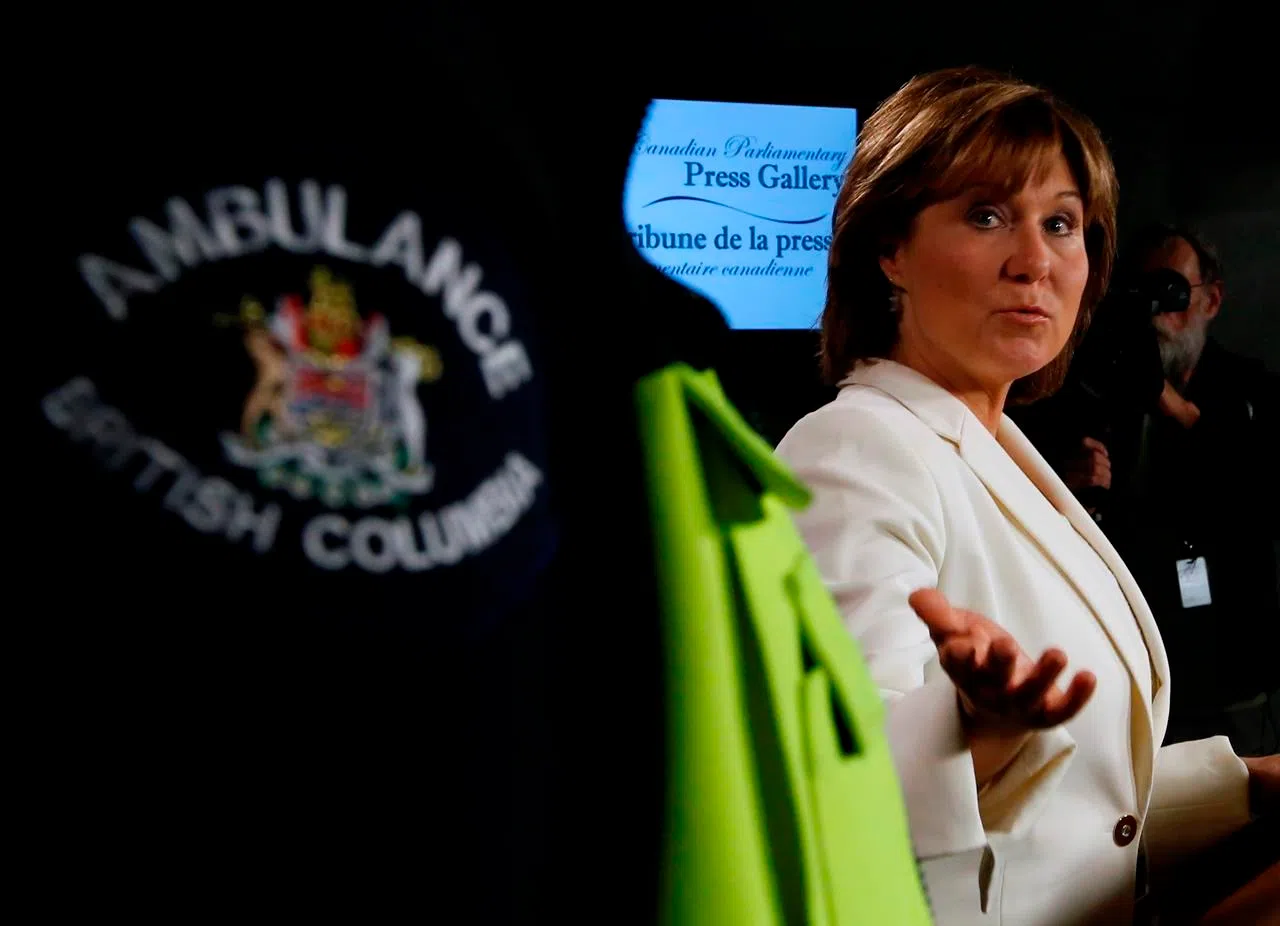
Several dimensions to addressing flow of fentanyl from China: Goodale
OTTAWA — Canada needs international help in stanching the flow of deadly fentanyl from China, Public Safety Minister Ralph Goodale said Thursday after meeting with B.C. Premier Christy Clark about the country’s escalating opioid epidemic.
Goodale, Health Minister Jane Philpott and Clark’s B.C. delegation met in Ottawa ahead of a two-day summit that will bring together medical professionals and experts from across the country.
“The world has to take this seriously, just as we are taking it seriously,” Goodale said outside the Commons.
Last spring, B.C. became the first province in Canada to declare a public health emergency following a dramatic spike in overdose deaths related to the use of drugs such as fentanyl.


